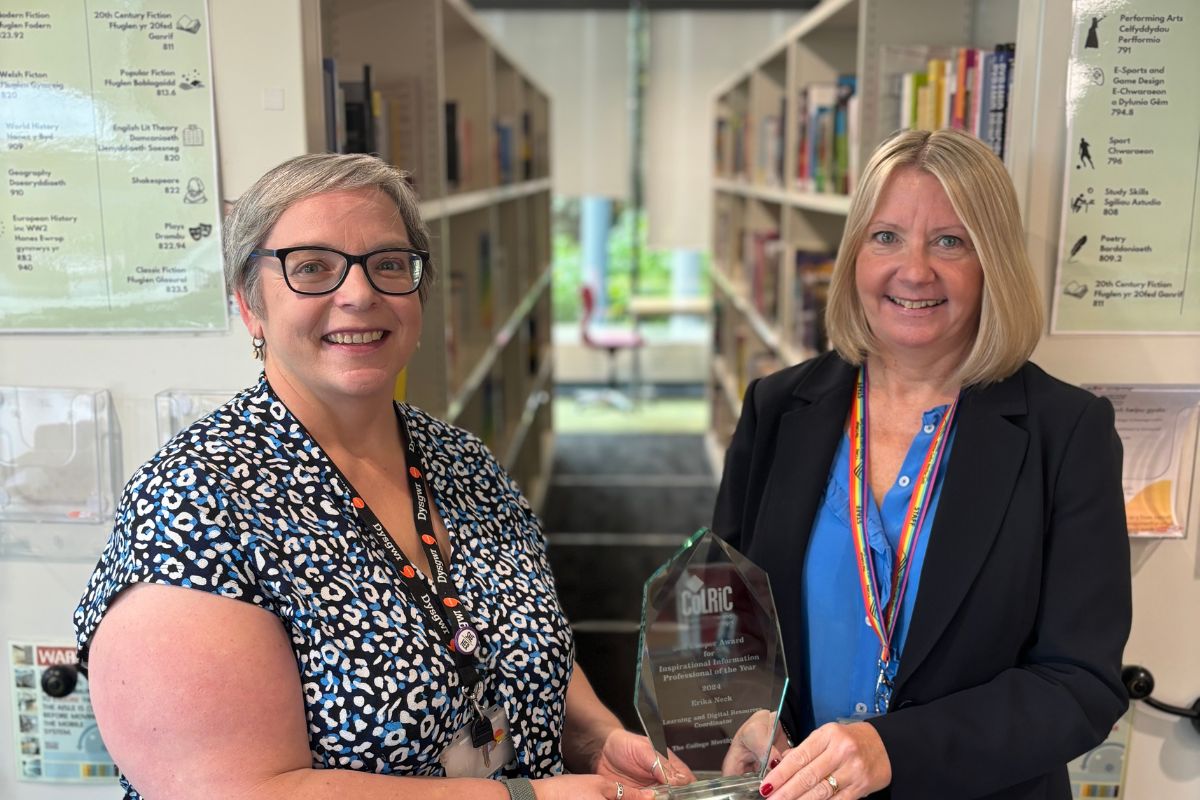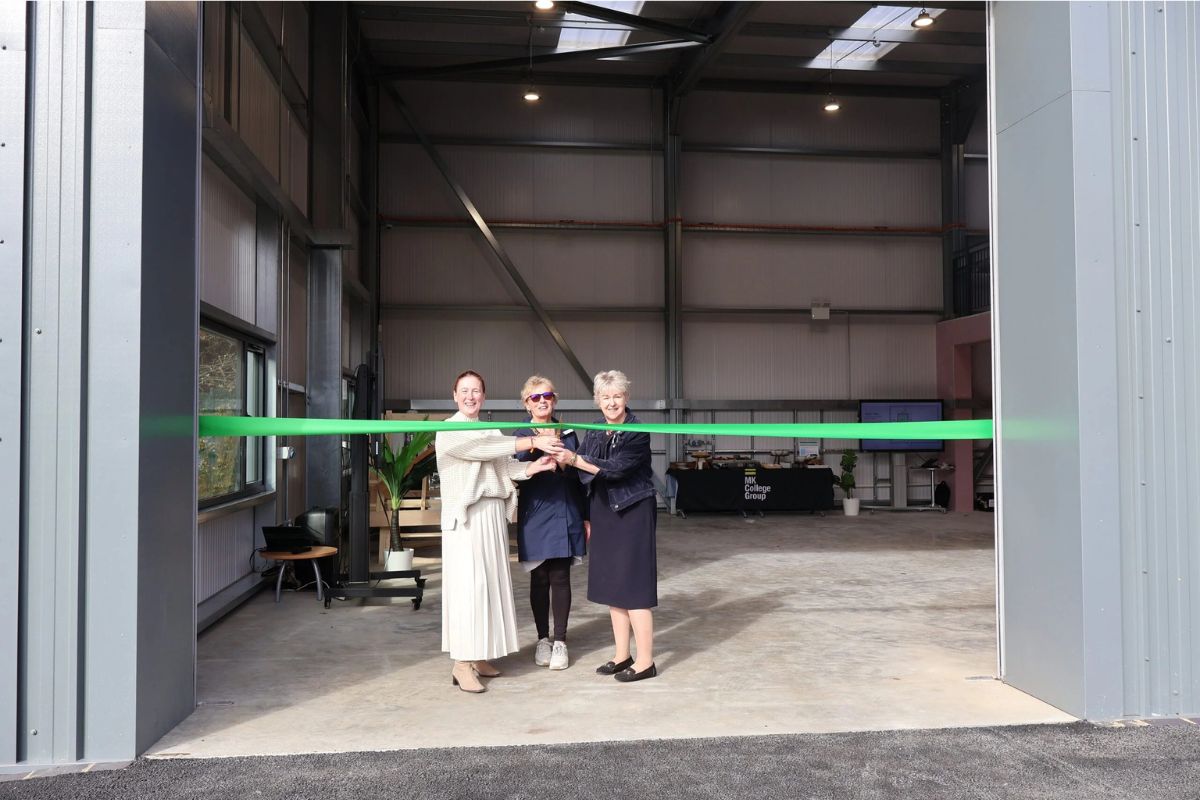L&W research: The proportion of adults with low levels of literacy and numeracy varies drastically across England

Huge disparity in adult literacy and numeracy must be tackled to boost levelling up, analysis shows
The proportion of adults with low levels of literacy and numeracy varies drastically across England, according to new analysis from Learning and Work Institute.
Previous studies by the OECD have shown that, on average, one in four adults in England has low literacy or numeracy. These are skills as crucial as understanding the dosage instructions on an aspirin packet. Such skills are increasingly vital to life and work, with good literacy and numeracy increasingly key to securing employment, accessing public services, and being an active member of the local community. Previous research by Learning and Work Institute has quantified the many economic and social benefits of adult essential skills.
Yet, until now, estimates of the variation in adult literacy and numeracy across the country have been relatively limited. This has made it challenging to target support and reverse the 63% decline in adult essential skills learning seen in England over the last decade.
Today, Learning and Work Institute has published the first results of its new model estimating essential skills needs at a local level. For the first time, this shows an estimated number and proportion of adults likely to have low literacy or numeracy in each local authority and ward across England.
The data lays bare stark inequalities between and within local areas. For example, in the West Midlands Combined Authority, the proportion of adults with low essential skills varies from 17% in Blyth to 27% in Aston. Even relatively prosperous areas, such as the Thames Valley, have pockets of high essential skills needs (31% in Church ward).
The results are closely correlated to deprivation, but other factors such as employment and age make a difference. While those out of work are more likely to have low literacy or numeracy, the UK’s high employment rate means around two thirds of adults with low essential skills are in work showing a clear opportunity for providers to work with employers to improve essential skills across the country.
Currently, the data is available for parts of England, through L&W’s partnerships with a number of local and combined authorities to support their planning for the Government’s new Multiply programme. It is being used to help analyse need and target provision, alongside L&W’s what works review of the key interventions that can make a difference. This initial data will be expanded to give a more comprehensive picture across England.
Stephen Evans, Chief Executive of Learning and Work Institute, said:
“Literacy, numeracy and other essential skills are vital for life and work, and our new analysis shows disturbing disparity in the number of adults with a good foundation of these skills across England. This data will help our local partners effectively target the welcome investment from the Government, including through its Multiply programme.”











How much are parents and schools responsible for this poor performance? Employers should not be required to pay for teaching their employees basic skills.
We will never level up from top down. Intervention at the age of 2 to 5 is crucial.